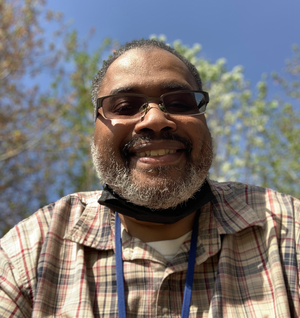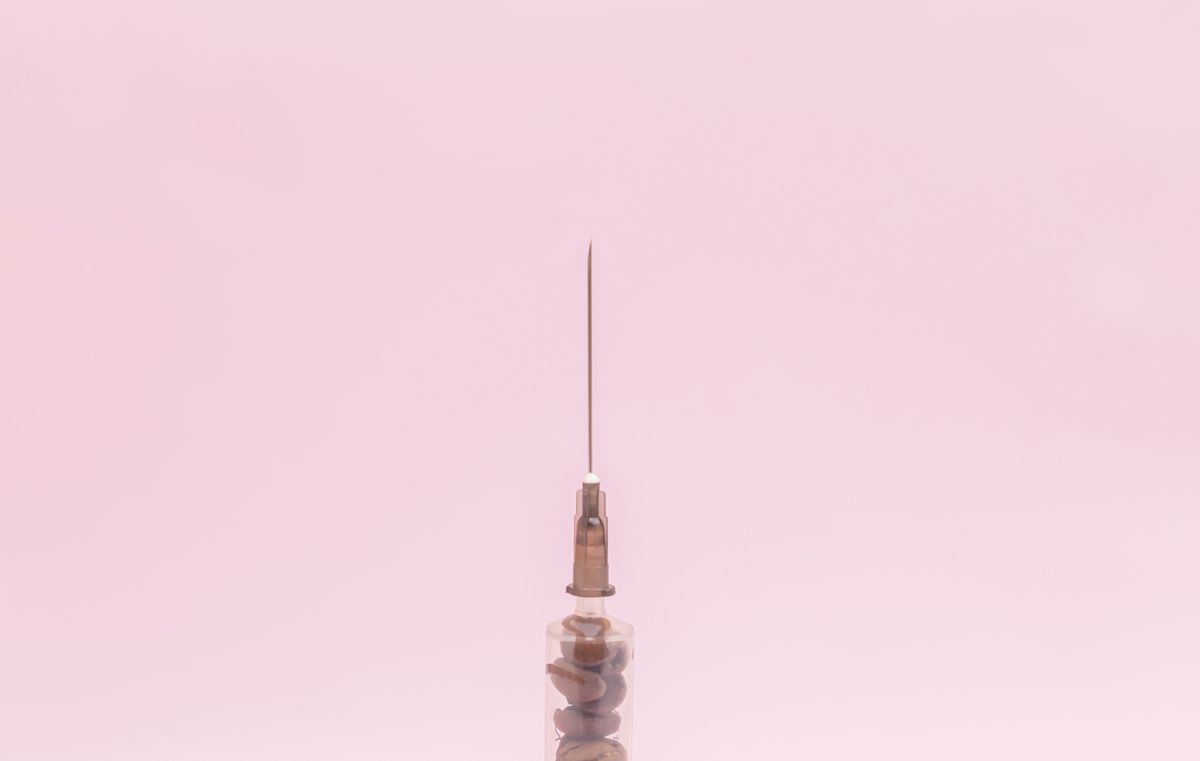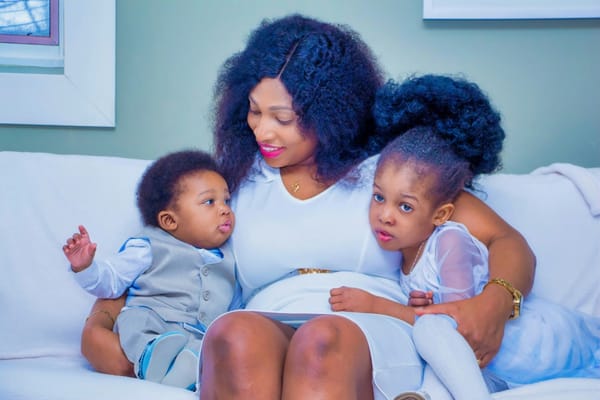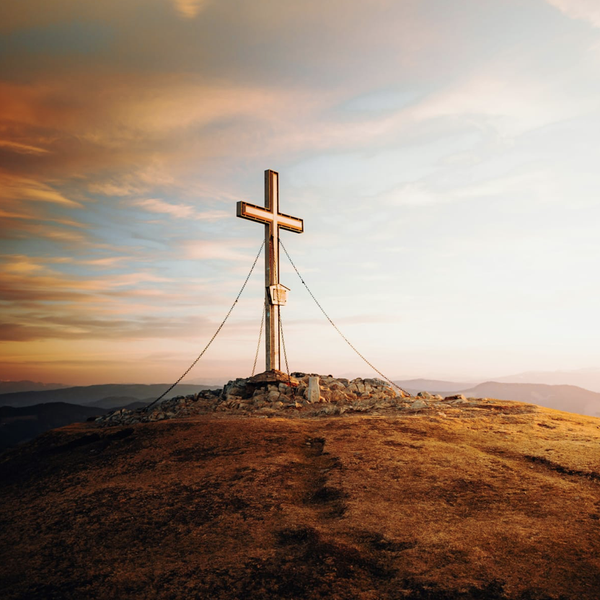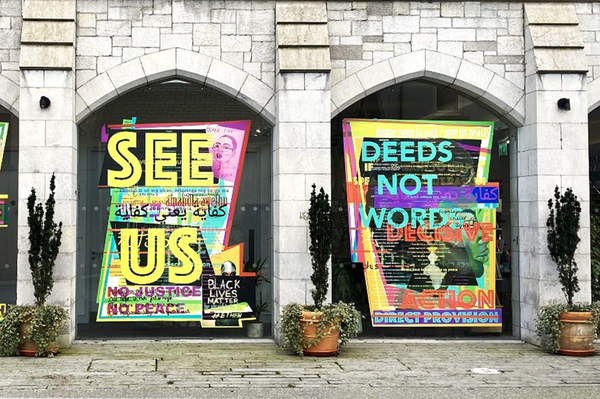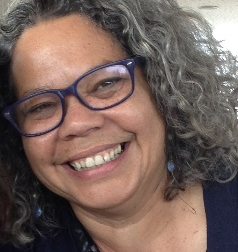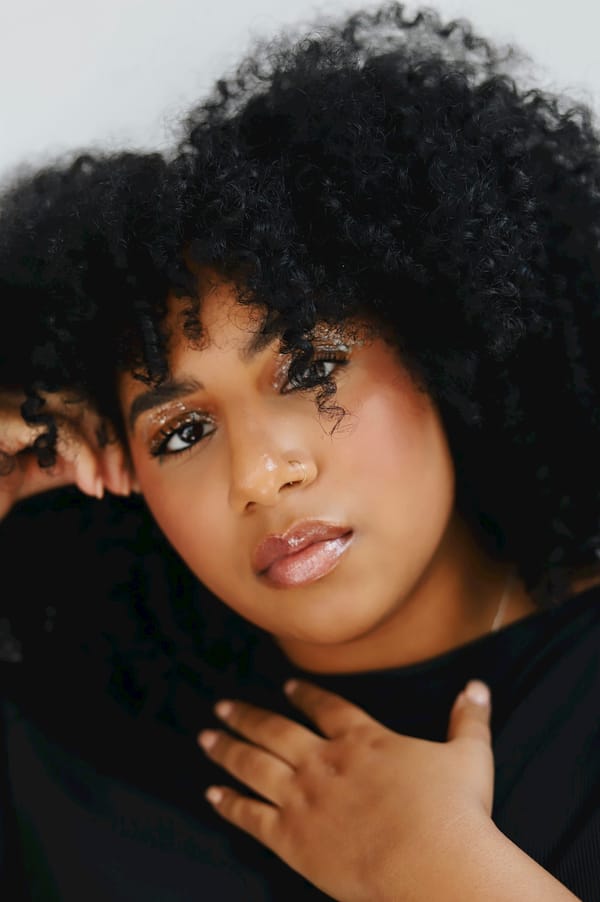When COVID arrived, the world clamored for a cure. It was the biggest project of the century to create a vaccine that would protect humanity from a virus that was an efficient killer.
If we can control COVID, a disease that killed almost seven million globally, why can’t we do the same with racism or economic inequality?
However, it wasn’t only the deaths that sparked the scientific community and the national governments into action. The shutdowns and pausing of the global economic machine put a fire in the world's pants.
The IMF (The International Monetary Fund) believes COVID will cost the global economy 12.5 trillion dollars. That, my friend, is a lot of nickels and dimes.
In the United States alone, systemic racism has cost the economy $16 trillion. The GDP of America is 19.5 trillion. We’ve lost a nation's worth of income due to racism.
Do you know what we could do in America if everyone was equal? How many homes would’ve been bought? How many kids would’ve eaten better? How many more small minority-owned businesses would exist? If all could share equally in the economic pie?
We’ve allowed hate to stifle opportunity in our country. Some of us don't want that Hispanic or Black family moving in—no way you’re building low or mixed-income multifamily housing on my block.
Everyone should be on an equal playing field and given every opportunity to succeed.
Those families don’t deserve better access to fresh food or schools. They bring crime and drugs to the area; we can’t have that. However, in the same breath, we will complain about crime in low-income neighborhoods and shake our heads about what’s happening across the tracks or the river. Some of us will say those people don't know how to act. It’s their fault they’re in this situation. But we won’t invest in those areas. They are left to suffer while we carry on with our lives.
My city has a West side notorious for crime and drugs. There is no investment on that side of the local community. I live on that side of town, and no significant businesses exist.
We are a food desert. There is one small predatory grocery store that charges ridiculous prices for staples. No one goes there but the citizens without reliable transportation.
The majority of the businesses are liquor stores and fast food. There is no movie theater or any shopping besides a few dollar stores.
It’s greed and the need to have it all that leads to others suffering — and they don’t need to. Everyone should be on an equal playing field and given every opportunity to succeed. If they fail to produce, that’s on them if they have a fair chance.
COVID is no longer the day’s news, and we have reopened our businesses. Most people are back at work, and the economy is humming along. The pandemic is a thing of the past.
As a world, we beat back a disease after only three years. It isn’t gone, but it’s substantially reduced. However, poverty is still robbing our world economy and costing us lives.
One hundred eighty-three thousand people in the United States died due to poverty in 2019. Those deaths could’ve been prevented with access to proper education and medical facilities. The majority of those are in communities of color.
Poverty killed ten times more people than all homicides in 2019. It kills as many people as dementia and strokes. —Riverside News
A high body count like this should open our eyes even wider to the ravages of poverty. Inequality and racism are beasts and devour innocent bodies daily. Seventy-four thousand more African Americans died between 2016 and 2018 due to racism and inequality.
COVID was killing people every day and was the lead story. Why aren’t poverty or racism casualties being counted? We should have a national countdown clock that tracks how many people die daily from poverty and racism.
However, some hope is on the horizon for the marginalized and poverty-stricken in our communities.
Some cities are piloting guaranteed income programs for low-income citizens. Evanston, Illinois, a town about eighty-five miles from my home, is piloting such a program to help needy citizens. Each person will receive $500 a month loaded on a prepaid debit card.
This is only one example of programming across the nation trying to battle historic inequalities stoked by decades of racism and lack of access to resources.
Some may think the money will be used for frivolous purposes. However, research shows that the money is being used for basic needs. Furthermore, the payments help reduce the wealth gap in America. Families have moved to better areas and, in some cases, have returned to school to improve their lives even more.
This is an opportunity, and the citizens involved in these programs are taking advantage. We cannot allow bias and stereotypes to prevent us from helping those marginalized by our society. Furthermore, their participation in the workforce increased from twenty-eight to forty percent. The money motivates them to improve their lives. They want the same things as the rest of us: a better life for their families.
Final Thoughts
The quote by the great Nelson Mandela says it all.
As long as poverty, injustice and gross inequality persist in our world, none of us can truly rest. — Nelson Mandela
I think about my blessings as a Black man in America. I’ve been fortunate to earn a good education and enjoy a career with benefits for almost twenty-seven years.
Plenty of my brothers and sisters are not as fortunate due to systemic racism. And even with all my education and position, I’ve still struggled, with racism stifling my career and snatching opportunities from me.
Several years ago, I was up for a school administrative position. I had two great interviews, and they seemed interested. However, when the time came for a decision, I was told I was too expensive or demanding.
A white man with less experience than me, who failed the admin test six times, got the job over me.
It’s traumatizing, and we, as Black people, experience this daily.
I was a school leader for six years and, at that time, had twenty years in the field, but still lost out. Racism allowed a mediocre white man to get an opportunity over me—a well-qualified and vetted brother.
I tell you, my readers, that hurt me. I had given my district ten years in challenging schools, but I still wasn’t good enough in their eyes.
I’m still not over it. It’s traumatizing, and we, as Black people, experience this daily. It’s becoming old, or to be frank, it’s already old.
In closing, our nation allows perceived inferiority or hate to cost our world lives and prosperity.
We can do better, but only if we humans become the cure for poverty and racism.
As always, thanks for reading, and peace.

